 Did you finish 2013 much like you finished 2012, scrambling to meet deadlines, with too many things on your plate, wondering where the year went?
Did you finish 2013 much like you finished 2012, scrambling to meet deadlines, with too many things on your plate, wondering where the year went?
One of the registrants for my current course, Your Fundraising Plan & Case for Support, put it succinctly:
My top two priorities before the end of 2013 were to create a written case for support (NOT a grant narrative) and have my Fundraising Plan/calendar for CY2014 in place before the New Year started. Neither happened. I felt desperate and alone. Thanks to you, I now feel neither. I WILL do this! I just needed structure and deadlines.
As Roger Craver notes, in his forward for Tom Ahern’s new book: “Too many fundraisers are spending too much time in search of the next and greatest new thing. Like hunting dogs ranging back and forth in pursuit of a fresh scent, they endlessly pursue some magic bullet that never seems to hit the fundraising mark.”
Are you looking for a magic bullet? Thanks to the Internet, if you don’t know any better, you’ll find lots to distract you on your fundraising journey. Time and money wasters described as opportunities. *Free* webinars like this: #Instagram will be BIG in 2014 – Join me on Jan 16 for a FREE webinar w/ tips & training!
I’m here to tell you: *Free* and lack of focus will kill your fundraising.
I’m not advising you to ignore new trends and data. But, when you’ve got a plan going forward, coupled with a true understanding of the fundamentals, you’ll be in a better position to understand which trends you need to pay attention to — and which ones you can ignore. And until the numbers on donor retention improve, it’s clear many organizations haven’t reached that point.
Okay, what are the basics?
- Gain a deeper understanding of who your donor is. Your donors don’t contribute because you’re awesome — they contribute because of what they’re accomplishing through you. And the reasons they give are deeply personal. Make 2014 the year you meet with as many of your donors, one-on-one, as possible.
- Focus on retention. Do you know your retention rate? Our friends over at Bloomerang have this simple method of calculating yours. Find out what your retention rate is and fix it.
- Attend to your back-end. No, I’m not talking lunges and squats. I’m talking donors! What happens following a gift from a new donor? Do you have the processes in place to identify loyal donors…and move them to greater commitment? How are telephone inquiries handled? How are you following up with your online gifts? Create your organization’s customer service hub.
- Learn the secrets of compelling storytelling. Andy Goodman notes “ Even if you have reams of evidence on your side, remember: numbers numb, jargon jars, and nobody ever marched on Washington because of a pie chart. If you want to connect with your audience, tell them a story.” Your storytelling needs to be emotional, it needs to be simple, and it needs to be donor-focused.
- Create consistency in your communications. Did your last newsletter go out in 2012? If your donor communication plan includes less than 12 touches a year, it’s time to rethink your strategy. Remember, 12 touches minimum. Having a solid plan for all your donor communications, including stewardship, every ask (and these include your monthly giving program, bringing lapsed donors back into the fold, your year-end appeal, email asks and more), your annual report, donor newsletters, email communications, social media and more will actually make your work easier — and you’ll raise more money (a whole lot more!). Don’t forget email.
- Everyone needs to be on board. Everyone loves to complain about their board and staff, don’t they? “They are dysfunctional: more than 50% do not contribute financially or in effort. They do not take action.” Listen up: it’s up to us to lead, to empower our staff and board members. You can do it in such a gentle, persistent, powerful way they won’t know what hit them.
- Invest in your fundraising. Blogging over at Veritus, Jeff Schreifels says “I can’t even count the number of times I’ve talked to MGOs who have said they have never been to a conference or seminar because their manager will never approve it.” Remember my mantra: If you’re not committed to funding your mission, you’re not committed to your mission. Professional development is crucial to your organization’s success.
Those are my resolutions for your success in 2014. What are yours?
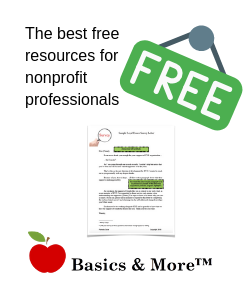
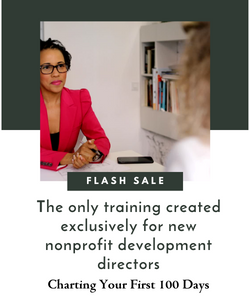
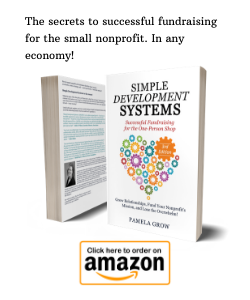
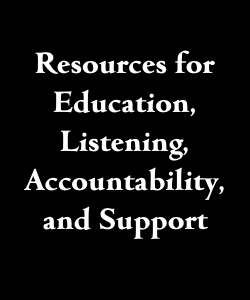
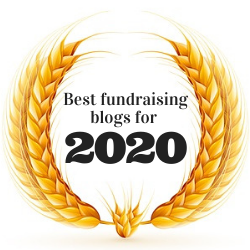


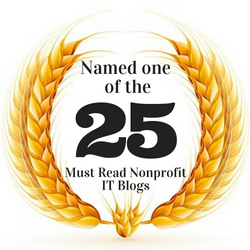
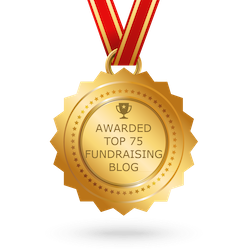
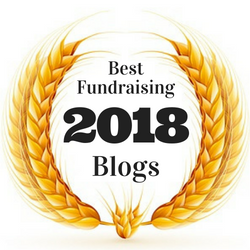
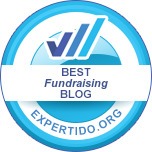
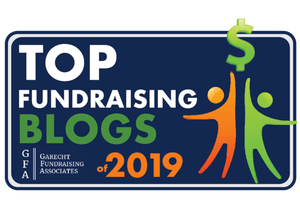
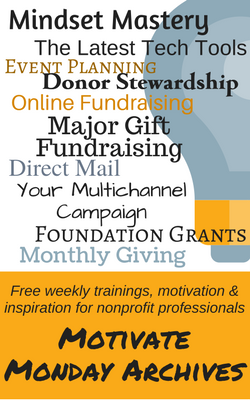

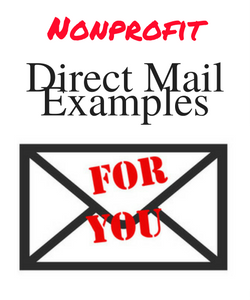


 I can’t wait to meet with you personally.
I can’t wait to meet with you personally.
Comments on this entry are closed.